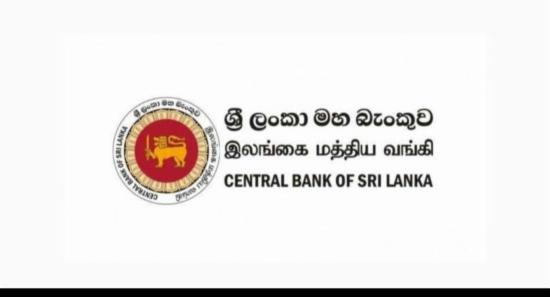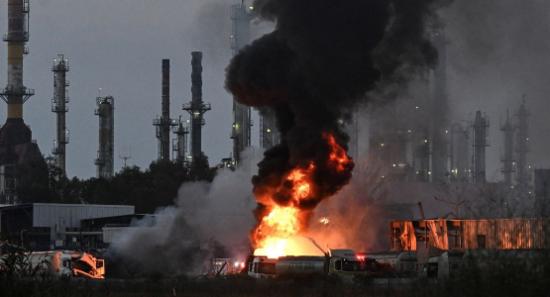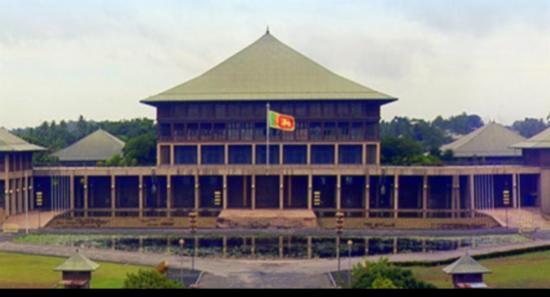.webp)
EXCLUSIVE: IMF's Gita Gopinath to Sri Lanka: ‘Stay the Course or Risk Repeating 2022'
COLOMBO (News 1st); Two years ago, Sri Lanka was in the grip of one of the worst economic crises in its history. Fuel lines stretched for miles, medicine was scarce, inflation had skyrocketed to 70%, and the country’s foreign reserves were nearly wiped out. Today, the picture looks very different—and the International Monetary Fund (IMF) is taking notice.
Dr. Gita Gopinath, the IMF’s First Deputy Managing Director, is in Colombo this week and didn’t hold back in her praise. “It’s quite remarkable,” she told News 1st’s Zulfick Farzan in an exclusive interview on Monday (16). “You’ve gone from deep crisis to 5% growth. Inflation has dropped from 70% to negative 0.7%. Reserves are being rebuilt. The fiscal situation is much stronger.”
But while the numbers are encouraging, Gopinath was clear: this is no time for complacency.
“The crisis of 2022 has certainly subsided, and there’s much more stability now,” she said. “But it’s not the end of the road. Reforms must continue—across the board.”
At the Sri Lankan Recovery Conference earlier in the day, Gopinath addressed a key question: will this be the last IMF programme for Sri Lanka?
That depends, she said, on how the country handles the next few years. “We’ve had 16 IMF programmes with Sri Lanka. Half were never completed. The President wants this to be the last one—and that’s possible—but only if there’s a real commitment to reform.”
She pointed to several areas that need urgent attention:
Tax reform: Revenues have improved, but the tax base must be widened.
Spending: It needs to be better targeted to support those who need it most.
Governance and corruption: These remain critical challenges.
“These are difficult adjustments,” Gopinath acknowledged. “But they’re necessary to ensure Sri Lanka doesn’t fall back into old patterns.”
The message from the IMF is clear: Sri Lanka has made impressive progress, but the path ahead still requires discipline, transparency, and political will.
Other Articles
Featured News





.png )

-795030_550x300.jpg)





-794314_550x300.jpg)
-794302_550x300.jpg)
-794296_550x300.jpg)
-794290_550x300.jpg)
-792874_550x300.jpg)
















.gif)